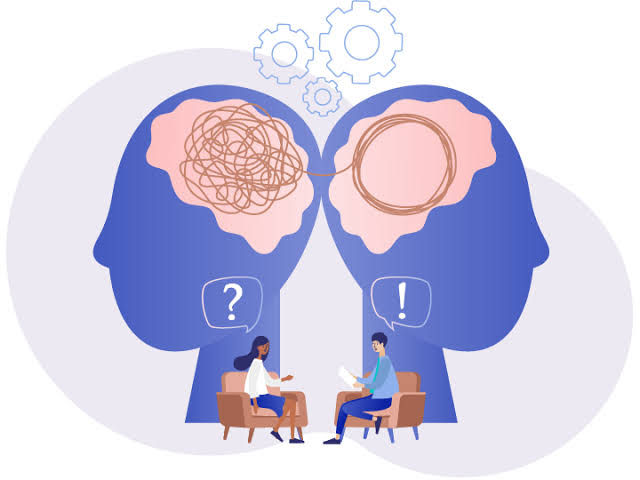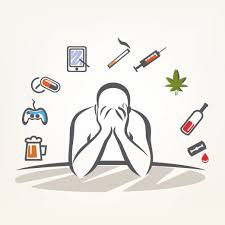Psychosis and Substance Use: Understanding the Connection
- Collective Care

- Sep 25, 2025
- 2 min read
At Collective Care Center, we believe that understanding the link between psychosis and substance use is vital for recovery and long-term well-being. Psychosis—marked by hallucinations, delusions, and disorganized thinking—can be triggered or worsened by substance use. As a trusted provider of addiction recovery for alcohol and drugs and treatment for anxiety, depression, and substance use, we see first-hand how integrated care makes all the difference.
How Substances Influence Psychosis
Scientific research has consistently shown that certain substances can significantly increase the risk of psychosis:
Cannabis: High-potency and frequent use are strongly associated with psychosis, especially when use begins in adolescence.
Stimulants (methamphetamine, amphetamine, cocaine): Known to trigger acute psychotic symptoms like paranoia and hallucinations; repeated use can cause recurrent psychosis.
Alcohol: Long-term heavy use and withdrawal can result in psychotic symptoms, complicating mental health recovery.
Hallucinogens and psychedelics: May provoke acute psychosis in vulnerable individuals.
These findings are supported by global research showing that psychosis risk rises with higher doses and earlier age of use.
Why Does This Connection Happen?
Substances affect brain chemistry in ways that overlap with psychotic disorders:
Neurochemical disruption — Drugs alter dopamine and glutamate signaling, which play a central role in psychosis.
Genetic vulnerability — People with a family history of psychosis are more at risk.
Developmental sensitivity — Adolescence is a critical brain development period, making early use especially risky.
Withdrawal states — Severe withdrawal can itself trigger psychotic symptoms.
Evidence-Based Treatment at Collective Care Center
At Collective Care Center, our approach combines scientific evidence with personalized care. We focus on:
Integrated dual-diagnosis treatment — Addressing substance use and psychosis together leads to better outcomes than treating them separately.
Pharmacological care — Antipsychotics and safe detox protocols are used where clinically necessary.
Psychosocial therapies — Including CBT for psychosis, motivational interviewing, relapse prevention, and family therapy.
Personalized rehab plans — Tailored programs for each client, including rehabilitation for professionals and working adults.
We are committed to offering affordable addiction treatment in Pune while maintaining the highest standards of care.
Final Words
At Collective Care Center, we understand that the relationship between substance use and psychosis is complex but undeniable. Certain substances—especially frequent or high-potency cannabis and stimulants—are strongly linked to psychotic symptoms and can worsen mental health outcomes if left untreated.
Our mission is to provide integrated treatment that addresses both addiction and mental health together, because recovery is most successful when care is comprehensive and holistic. With early recognition, evidence-based therapies, and supportive rehabilitation, individuals can rebuild their health, relationships, and future.
Whether you are searching for affordable addiction treatment in Pune, a top recovery clinic near Mumbai, or a residential rehab facility near Pune, Collective Care Center offers compassionate, research-backed care tailored to your needs. We also provide rehabilitation for professionals and working adults, ensuring that recovery fits into real-life responsibilities.
If you or your loved one is struggling, reach out to Collective Care Center—your trusted partner for mental health rehabilitation in Maharashtra. Together, we can create a path toward lasting recovery.


